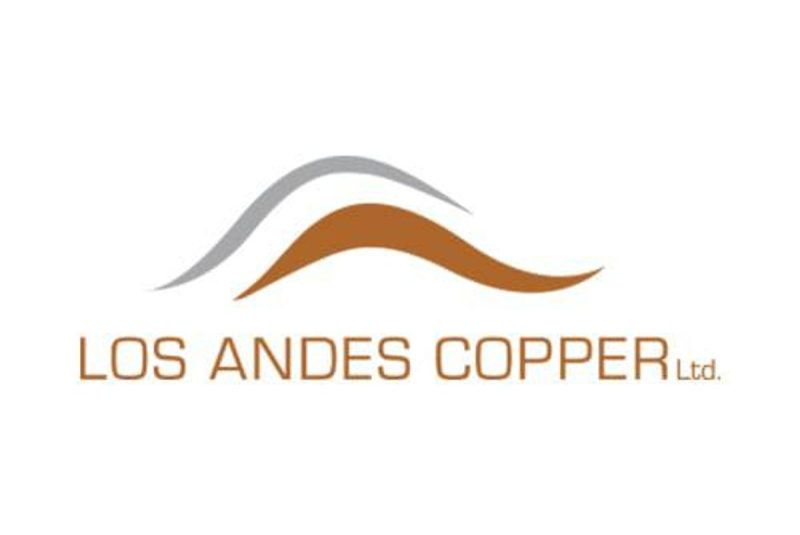
Copper Shines Bright: LME Week 2024 Declares it the Top Prospect
LME Week 2024: Copper Highlighted as Top Prospect
The London Metal Exchange (LME) Week 2024 showcases copper as one of the top prospects in the metal market. Copper, known for its multifaceted applications across various industries, has gained significant attention during this prestigious event. With the global focus shifting towards sustainability and green initiatives, copper’s unique properties make it a crucial component in driving the transition towards a greener economy.
One of the key factors driving the demand for copper is its essential role in renewable energy technologies. As the world moves towards cleaner sources of energy, such as solar and wind power, the need for copper in these technologies has soared. Copper is a highly efficient conductor of electricity, making it an ideal material for transmitting power generated from renewable sources to end-users.
Moreover, the automotive industry’s shift towards electric vehicles (EVs) has further boosted the demand for copper. EVs rely heavily on copper for their electrical systems, motors, and charging infrastructure. As automakers ramp up their production of EVs to meet growing consumer demand and regulatory pressures for reducing emissions, the demand for copper is expected to surge in the coming years.
In addition to its role in renewable energy and electric vehicles, copper plays a crucial role in the construction industry. Copper is widely used in plumbing, electrical wiring, and heating systems due to its durability, corrosion resistance, and thermal conductivity. As urbanization continues to drive demand for infrastructure development, the construction sector remains a significant consumer of copper.
Furthermore, the ongoing digitalization of the economy has also contributed to the demand for copper. The rapid expansion of 5G networks, Internet of Things (IoT) devices, and data centers requires substantial investments in infrastructure that heavily rely on copper for efficient connectivity and data transmission.
Despite the increasing demand for copper, the industry faces challenges related to supply constraints and sustainability concerns. Many copper mines are located in politically unstable regions, leading to supply disruptions and price fluctuations. Additionally, the environmental impact of copper mining, such as water pollution and habitat destruction, has raised concerns among stakeholders.
In response to these challenges, the industry is exploring sustainable practices such as recycling to minimize the environmental footprint of copper production. Recycling copper not only conserves natural resources but also reduces energy consumption and greenhouse gas emissions associated with mining and processing virgin copper.
Overall, the outlook for copper remains positive as the metal continues to play a vital role in advancing sustainable technologies and infrastructure development. With a growing emphasis on decarbonization and electrification, copper is poised to remain a top prospect in the metal market for years to come. As industry stakeholders collaborate to address supply chain challenges and promote sustainable practices, copper’s versatility and inherent properties position it as a cornerstone of the transition to a more sustainable and connected world.
